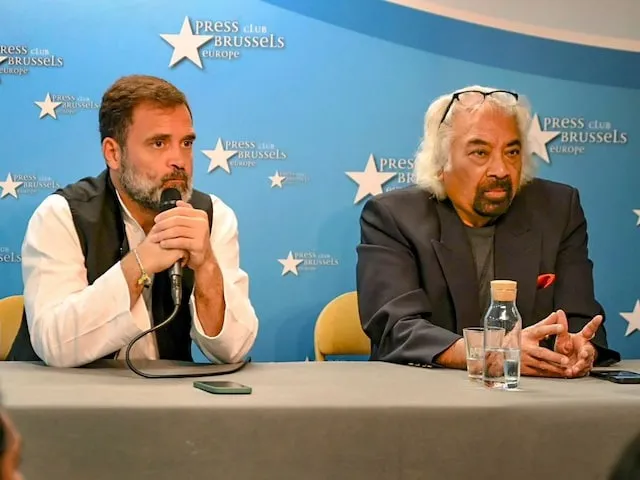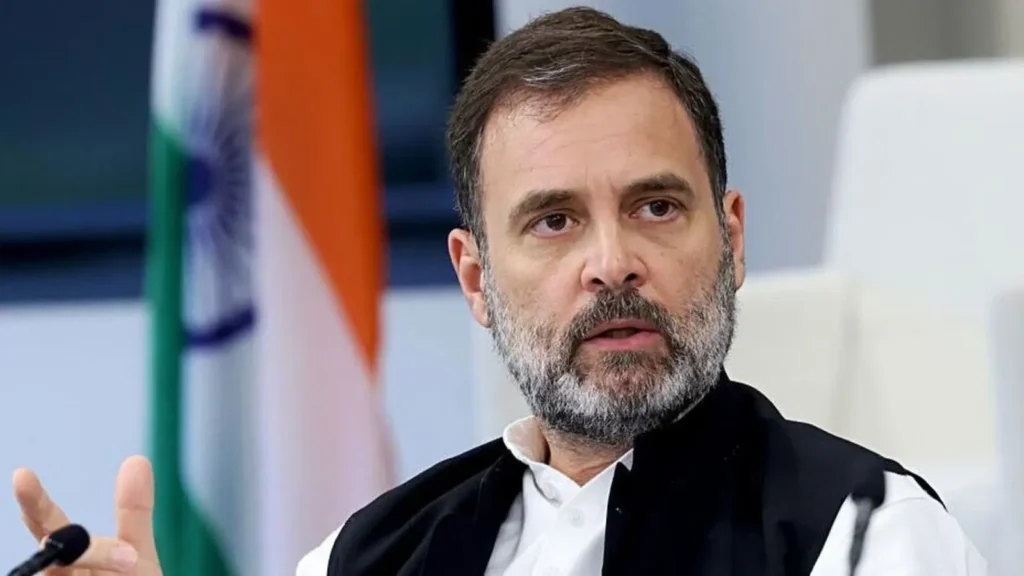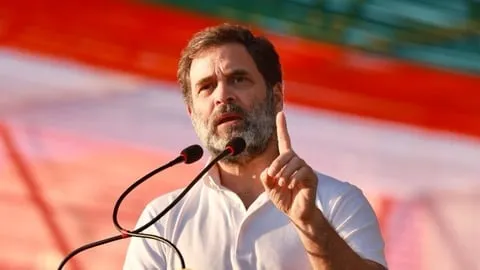As the dust settles on the hustings of the Lok Sabha elections, a contentious issue continues to simmer: the prospect of reintroducing inheritance tax in India. In a political landscape punctuated by rhetoric and promises, the notion of taxing inherited wealth has sparked fierce debate and polarized opinions.
At the forefront of this discourse are figures like Rahul Gandhi and Sam Pitroda, advocating for a redistribution of wealth from the affluent to the underprivileged. Their calls for imposing an inheritance tax have drawn both applause and ire, igniting a firestorm of criticism and conjecture.

Proponents argue that inheritance tax represents a crucial step towards fostering economic equality and social justice. By levying a tax on the estates of the wealthy deceased, the government can generate revenue to fund public welfare programs and alleviate poverty. In theory, this tax serves as a mechanism for wealth redistribution, ensuring that prosperity is not concentrated in the hands of a privileged few.
However, skeptics raise valid concerns about the potential repercussions of such a policy. Economist Gautham Sen highlights the risk of economic instability, positing that confiscating the assets of a select few could drive businesses and entrepreneurs away from the country. The specter of capital flight looms large, threatening to undermine India’s economic growth and investment climate.
Moreover, opponents question the efficacy of inheritance tax in addressing systemic inequalities. With High Net Worth Individuals comprising a mere fraction of the population, some argue that targeting this demographic alone is insufficient to address broader socio-economic disparities. Rather than fostering genuine development, critics contend that such a tax risks stifling entrepreneurship and innovation, hindering the very engines of prosperity.

The specter of double taxation and its impact on family businesses further complicates the equation. Concerns about the practicality and feasibility of implementing an inheritance tax in a diverse and dynamic economy like India’s underscore the need for nuanced policy deliberation.
The historical context of inheritance tax in India adds another layer to the debate. While the Estate Duty Act of 1953 once governed the taxation of inherited property, its abolition in 1985 marked a significant shift in policy direction. The decision to repeal this tax underscores the complexities and challenges inherent in balancing revenue generation with economic growth and individual liberty.

As the political rhetoric intensifies, it is imperative to approach the issue of inheritance tax with pragmatism and foresight. Rather than succumbing to partisan jousting, policymakers must engage in meaningful dialogue and rigorous analysis to determine the potential impacts and feasibility of such a tax.
Ultimately, the question remains: Will inheritance tax reduce economic inequality in India? The answer lies not in sweeping declarations or ideological fervor, but in evidence-based policy formulation guided by a commitment to equity, prosperity, and national welfare. As India navigates the complexities of wealth redistribution and economic stability, the inheritance tax debate serves as a litmus test for the nation’s commitment to inclusive growth and social justice.
